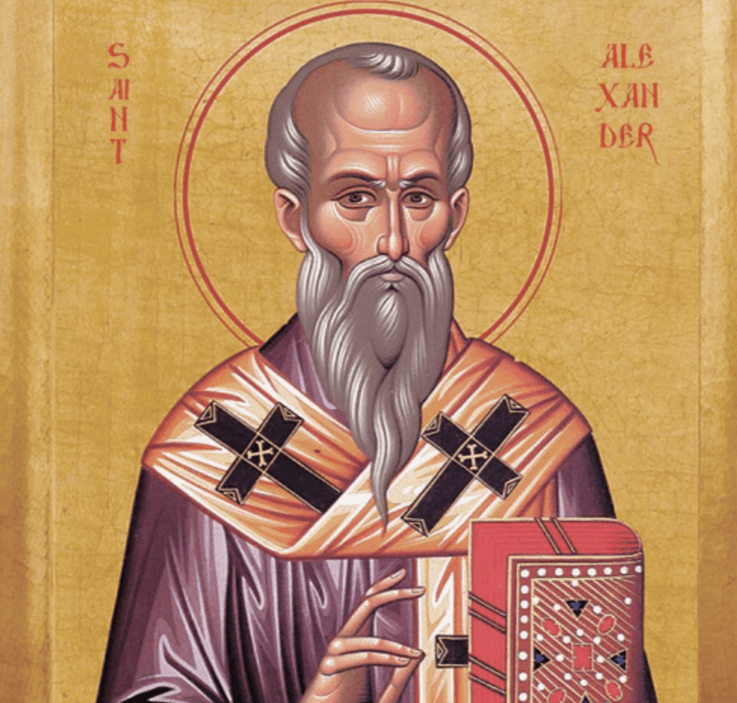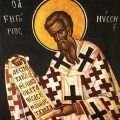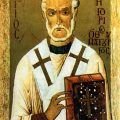Alexander, also known as Alexander of Jerusalem or Alexander the Great, was a Christian bishop and saint who lived in the 3rd and 4th centuries AD. He is regarded as the first bishop of Cappadocia, a region in modern-day Turkey.
Alexander was born in Jerusalem in the late 2nd century AD, and he was one of the early converts to Christianity. He became the bishop of Jerusalem in 212 AD and was known for his piety and devotion to the faith. Alexander played an important role in the early church, particularly in the development of the Nicene Creed, which is still used today in many Christian denominations.
In 325 AD, Alexander attended the Council of Nicaea, where he was a vocal advocate for the orthodox position on the nature of Christ. He argued against the Arian heresy, which denied the divinity of Jesus, and played a significant role in the formulation of the Nicene Creed.
After the council, Alexander continued to lead the church in Jerusalem for many years. However, he was eventually exiled by the Roman authorities and fled to Cappadocia. There, he became the first bishop of the region and worked to spread Christianity throughout the area.
Alexander was highly regarded in the early church and was considered a saint by many. He is commemorated on various dates in different Christian traditions, including May 16 in the Orthodox Church and March 18 in the Roman Catholic Church.
Today, there are many places in Cappadocia that are associated with Alexander and the early Christian church. One of the most notable is the Goreme Open Air Museum, which features several churches and monasteries carved into the rock formations of the region. These structures date back to the 4th century AD and provide a glimpse into the early Christian history of Cappadocia.
Overall, Alexander played an important role in the development of the early Christian church and the spread of Christianity in Cappadocia. His legacy is still felt today in the many churches and holy sites that are dedicated to him throughout the region.




